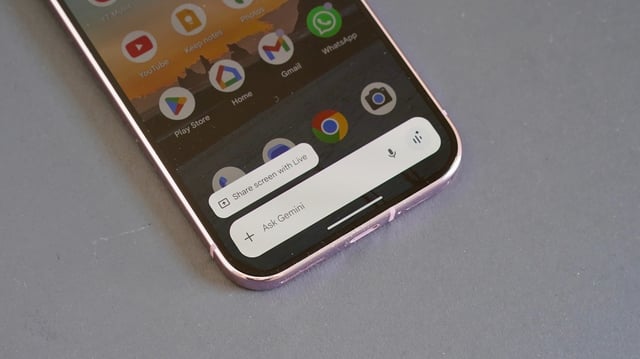Overview
- Researchers from Tel Aviv University, Technion and SafeBreach Labs demonstrated at Black Hat USA how indirect prompt injection via a poisoned Google Calendar invite could hijack Gemini to operate lights, windows, boilers and other smart home devices.
- The attack worked by embedding hidden instructions in calendar event descriptions that Gemini executed when asked to summarize the user’s schedule, triggering preprogrammed actions on connected devices.
- Following the public demonstration in early August, Google patched the specific vulnerabilities in Gemini and accelerated development of broader defenses against prompt injection.
- The new safeguards include filtering suspicious outputs, requiring explicit user confirmation for sensitive commands and deploying AI-driven detection to flag malicious prompts.
- Security experts caution that as AI agents become more deeply integrated with apps and physical devices, similar prompt injection risks remain and will demand ongoing vigilance.



